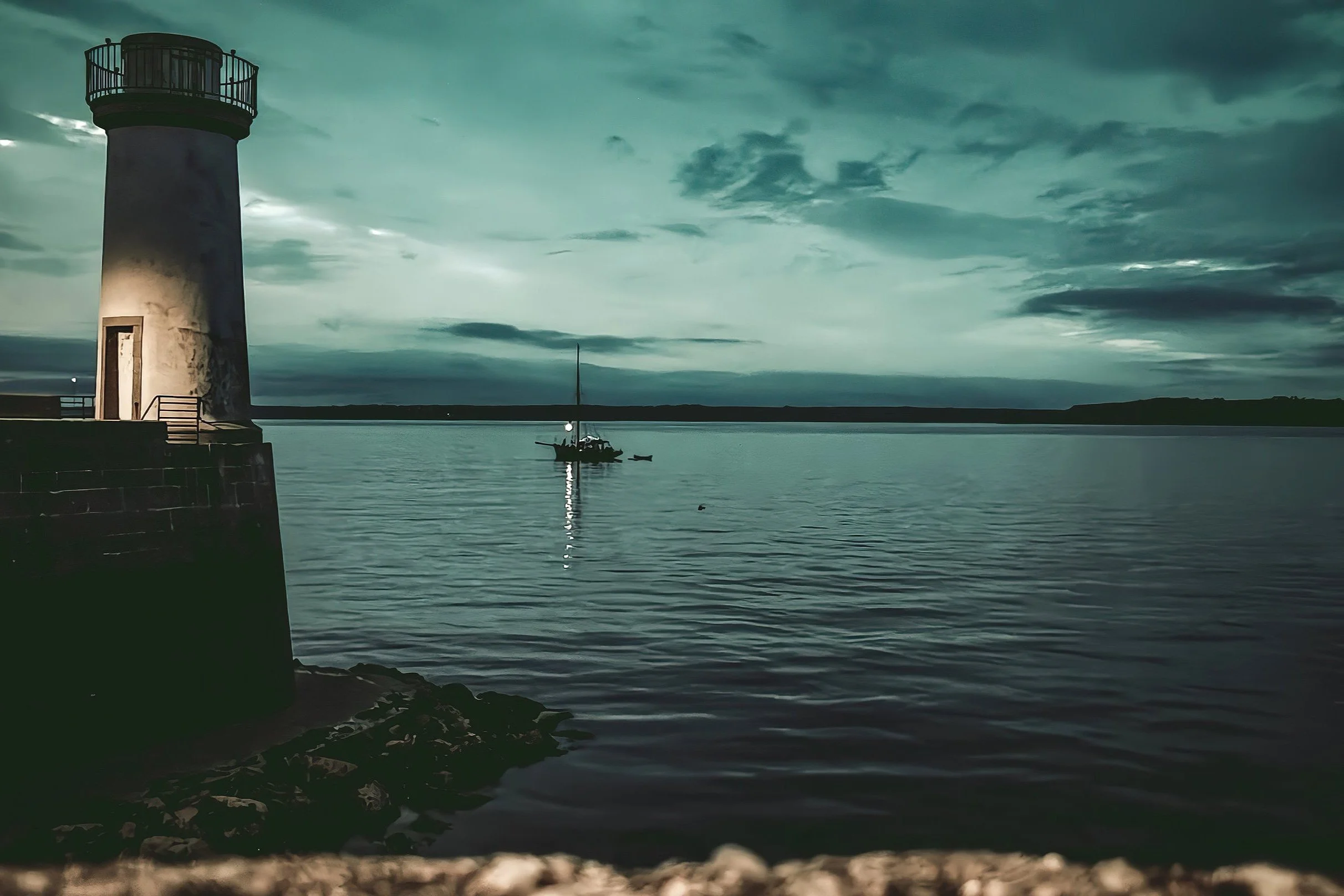Commissioned by St. Michael the Archangel himself—according to legend—the first church on the famous tidal island was built by St. Aubert, the bishop of Avranches, and consecrated on October 16, 709. It is said that Aubert initially ignored the archangel's repeated admonitions to build a church but got moving after Michael finally used his finger to burn a hole in the bishop's skull. That would certainly light a fire under you, or... on top of you. (N.B. If you'd like to create some buzz among your friends on Pinterest or Instagram, the purported scarred skull is on display at the Saint-Gervais-d'Avranches basilica.) Today's towering Romanesque-Gothic structure is a palimpsest, the result of numerous additions and reconstructions. It was named a UNESCO World Heritage Site in 1979.
During the Middle Ages, Mont Saint-Michel rivaled Rome and Santiago de Compostela as a pilgrimage site. And just as Santiago had its "Camino de Santiago" (The Way, or Road, of St. James), Mont Saint-Michel had its "Chemin du Paradis"—several routes that pilgrims (called miquelots) followed to venerate the archangel in his eponymous church (see below). We, on the other hand, tend to just show up—certainly not nearly as redemptive, but much more practical considering our tight schedule.
The base of the abbey church is surrounded by old houses, shops, and throngs of tourists. Near the entrance, you'll find La Mère Poulard, home of the world-famous 30€ omelette. The spécialité de la maison really is delicious and perhaps not such a bad deal when you consider what the souvenirs cost.



